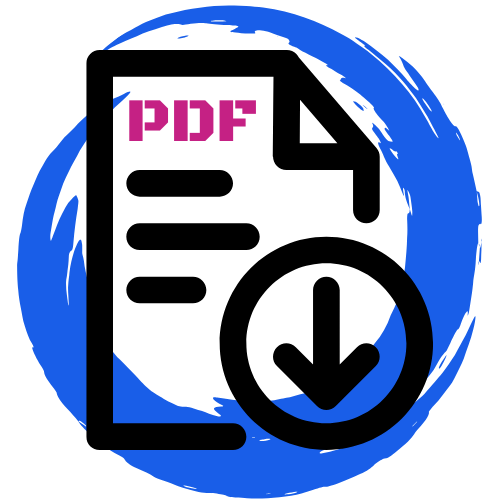
The Preliminary (PET) exam doesn’t have a Use of English section, but it does still have key-word transformations. They appear as Writing Part 1 and they are often a challenge for candidates. However, one of the advantages teachers and students have at B1 level is that Cambridge provides a clear list of grammatical structures necessary at that level. Comparatives and superlatives are one of those structures and if you focus on it, your students will take that advantage into the exam when they tackle PET transformations.
NOTE: Preliminary (PET) no longer has a Transformations activity as of January 2020
Cambridge expects candidates at this level to have a clear command of this language point. Let’s break it down into what is expected and commonly seen in the PET exam.
- use of the suffix +er for comparative adjectives with one syllable
- use of the suffix +ier for comparative adjectives that end in y
- use of more + adjective for comparative adjectives with more than one syllable
- use of the suffix +est for superlative adjectives with one syllable
- use of the suffix +iest for superlative adjectives that end in y
- use of most + adjective for superlative adjectives with more than one syllable
- use of the definite article (the) before all superlative adjectives
- irregular comparative and superlative adjectives (better, best, worse, worst, further/farther, furthest/farthest)
- spelling changes in comparatives and superlatives with a double letter (e.g. bigger)
- as + adjective + as and not as + adjective + as
- less and the least
- the same as and not the same as
- prefer A to B
That’s quite a long list! But if you look at everything piece by piece it’s easy to teach. Your students should have a basic knowledge of comparatives and superlatives already. Build on this and focus on getting it right. I’ve taught many students who keep making the same mistakes with this grammar despite having seen it again and again. Correct those errors when they happen and insist on accuracy.
Remember, comparatives and superlatives are extremely useful for PET Speaking Part 2 also, so take advantage of them to practise that part also.
The Materials
Because they are so common in the PET exam, your students need as much practice as possible with comparatives and superlatives. Take these 14 PET transformations and test your students’ ability to apply the grammar of the level to the exam. They’ll thank you when they see one of them on their exam!
EXAM PART: PET Writing Part 1
EXAM SKILLS: Using grammar appropriate to the level (B1), transformations
TOPIC: Travel
TIME: 20 minutes
PREPARATION: One copy of the worksheet per student
Download



